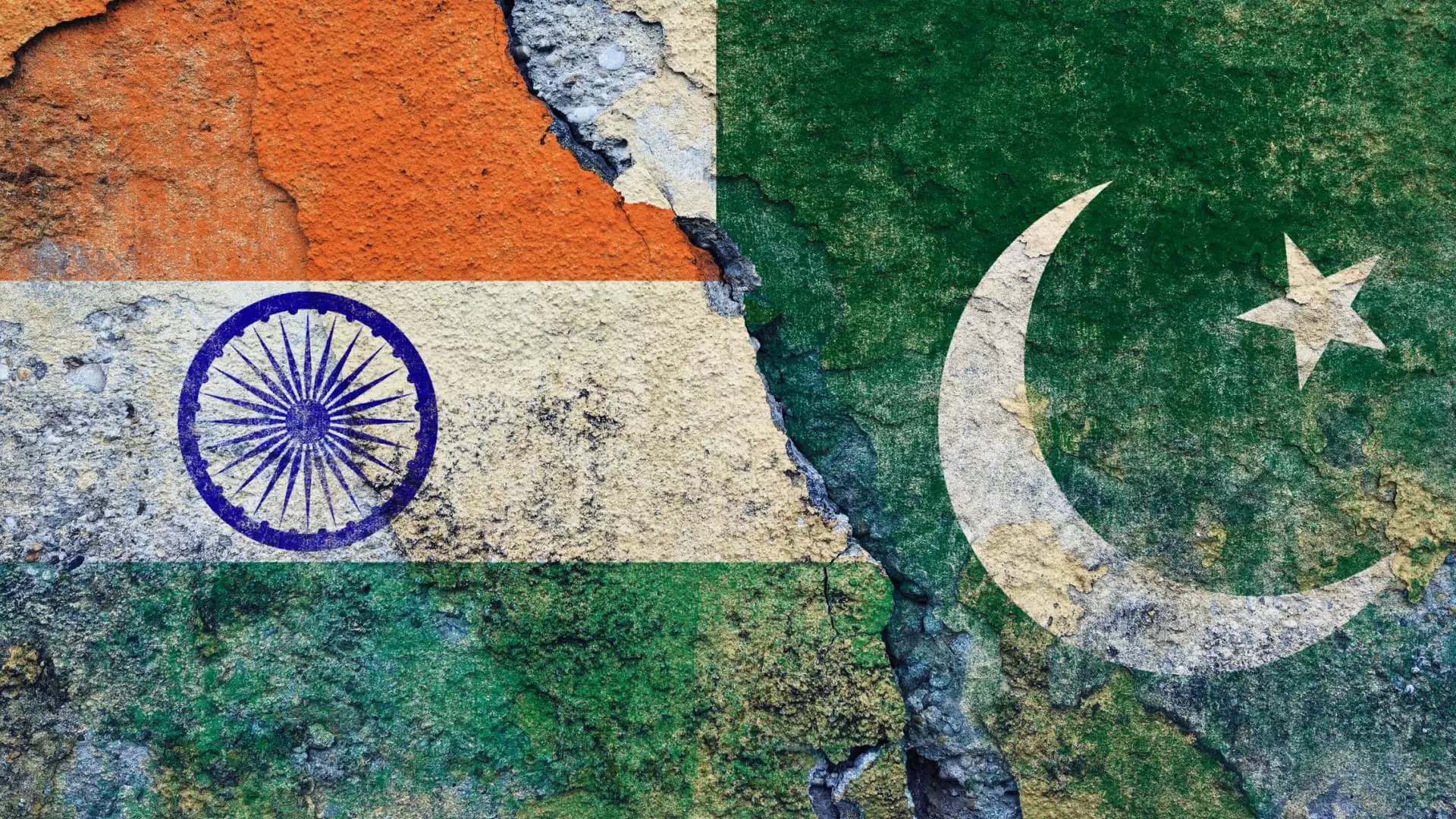In a world riddled with geopolitical tensions, the current situation between India and Pakistan stands as a significant flashpoint. Recent efforts spearheaded by Britain and the United States to broker a ceasefire highlight the precarious nature of peace in this nuclear-armed region. Foreign Minister David Lammy’s comments during his visit to Islamabad shed light on the necessity of not just a ceasefire but also the reinstatement of meaningful dialogue. The conspectus of this situation is more than just a diplomatic endeavor; it embodies the struggle of countless populations caught in the crossfire of historical animosities and national pride.
The apparent success of achieving a ceasefire on May 10 was encouraging, yet the reality remains stark. Analysts suggest that while diplomatic overtures may have halted immediate hostilities, the underlying tensions are far from resolved. Lammy emphasized the continuing need for “confidence-building measures” between the two nations, but one must ask if this ambition is merely aspirational, given the historical context. Both countries have long-standing grievances and narratives that are difficult to reconcile. Hence, the real challenge lies not merely in halting gunfire but in fostering genuine trust—a transformation that requires sustained commitment from all parties involved.
Historical Wounds and Present-Day Politics
India and Pakistan’s tumultuous relationship has roots deep in the partition of 1947, a moment that continues to shape national identities. The recent hostilities, sparked by blame over violence in the deeply disputed region of Kashmir, reveal how sensitive and volatile this relationship is. The accusation from India, which cites Pakistan’s alleged role in attacks on tourists, serves to escalate tensions. Pakistan, on its part, vehemently denies these claims, creating a classic ‘he said, she said’ scenario that complicates diplomatic resolutions.
Lammy’s invocation of the Indus Water Treaty reveals another layer of complexity within this fraught relationship. India’s recent suspension of its participation in this critical water-sharing agreement raises alarming implications for Pakistan’s agricultural economy. To dismiss such actions as mere political maneuvering fails to acknowledge their potentially catastrophic ramifications for millions of people. It becomes abundantly clear that the landscape of bilateral relations is fraught with risks, where one misstep could plunge both nations into further turmoil.
The Role of International Actors
International players, particularly the United States and Britain, have taken on a crucial role in addressing these tensions. However, there is a palpable ambivalence surrounding their influence. While Lammy emphasized the need for dialogue, there is a growing skepticism regarding the impact of external powers on such deeply entrenched issues. Does the involvement of foreign stakeholders genuinely serve the interests of those locally affected, or does it risk being seen as meddling in sovereign affairs?
Furthermore, Lammy’s comments on countering terrorism evoke broader ethical questions. How relevant can external actors be in addressing terrorism, when the solutions often lie within the socio-political fabric of the affected nations? The UK’s determination to combat the “terrible blight” of terrorism in Pakistan requires a nuanced understanding of local dynamics rather than merely an external imposition of will.
The Russian Factor and Global Discourse
In a curious turn of events, Lammy drew a parallel to the diplomatic struggles surrounding peace talks in Ukraine, suggesting a pattern of evasiveness from Russia. This comparison is indicative of a broader international discourse that recognizes the role of larger powers in shaping regional conflicts. However, the focus on Russia detracts from the immediate and pressing issues within South Asia. The complexity of international relations necessitates attention not only on direct antagonists but also on the broader geopolitical chessboard that includes allies and rivals.
The urgency of the situation between India and Pakistan cannot be overstated; the world must pay attention. Yet, as discussions unfold, one must ponder: at what point do we decisively act rather than merely talk? The negotiations surrounding both Ukraine and the Indian-Pakistani conflict offer crucial lessons—especially the necessity of genuine engagement over mere rhetoric. If Lammy’s statement about Russia is any indication, the diplomatic world risks being ensnared in a quagmire of obfuscation unless it learns to navigate these waters with precision and intent.
In any case, the real stakeholders are the people of India and Pakistan, who endure the consequences of geopolitical maneuvering. Their voices must remain at the forefront of any attempts to build sustained peace and security. After all, without a true commitment to demystifying the narratives that divide them, will peace ever become more than just a fragile dream?


Leave a Reply